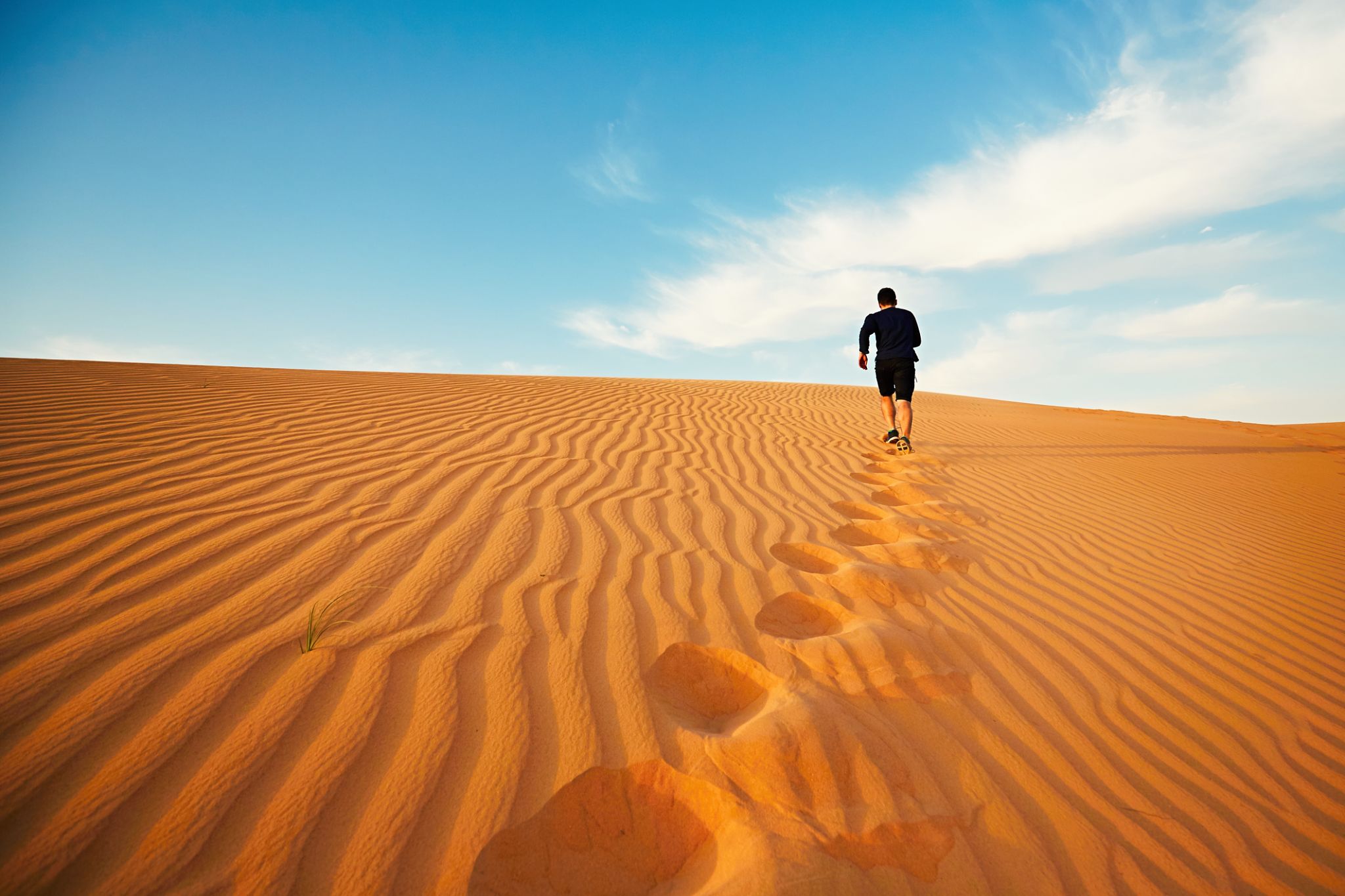Exploring the Rub Al Khali: What Makes the Empty Quarter Marathon Unique?
Introduction to the Empty Quarter Marathon
The Rub Al Khali, also known as the Empty Quarter, is the largest continuous sand desert in the world, stretching across four countries in the Arabian Peninsula. Known for its breathtaking landscapes and challenging environment, it serves as the backdrop for one of the most unique marathons: the Empty Quarter Marathon. This event is not just a test of physical endurance but also an opportunity to explore a region filled with history and natural beauty.

What Makes the Marathon Unique?
Unlike traditional marathons held in urban settings, the Empty Quarter Marathon takes participants through expansive sand dunes and remote desert landscapes. The unique terrain presents challenges unlike any other race. Runners must navigate shifting sands, extreme temperatures, and vast open spaces, making it a true test of both mental and physical stamina.
Moreover, the marathon is designed to immerse participants in the rich cultural heritage of the region. From the starting line to the finish, runners experience a blend of ancient traditions and modern endurance sports, offering a one-of-a-kind experience that goes beyond just running.
Challenges Faced by Participants
The Empty Quarter Marathon is not for the faint-hearted. Participants face multiple challenges such as navigating through ever-changing sand dunes, which can reach heights of over 250 meters. The temperature can also vary drastically, from cold desert mornings to scorching midday heat, demanding adaptability and resilience.

Additionally, hydration and energy management are critical. With limited water stations along the route, runners must plan their hydration carefully to avoid dehydration, a common risk in desert environments. The isolation of the desert also requires participants to be mentally prepared to push through long stretches of solitude.
Preparation and Gear
Preparing for the Empty Quarter Marathon involves more than just typical marathon training. Participants need to acclimate to desert conditions and invest in specialized gear. Lightweight, breathable clothing that protects from sun exposure is essential, as well as running shoes designed for sandy terrains.
Training often includes running on similar sandy terrains and acclimating to high temperatures. Participants might also incorporate strength training and flexibility exercises to build the core strength necessary for tackling uneven surfaces.

Cultural and Historical Significance
The Rub Al Khali is steeped in history, with ancient trade routes once crossing its sands. Participating in the marathon offers runners a chance to connect with this history, as well as with the local cultures that have adapted to this harsh environment over centuries. The race often incorporates cultural events that allow participants to engage with local traditions and communities.
Conclusion
The Empty Quarter Marathon is more than just a race; it is an exploration of human endurance against one of nature's most formidable landscapes. For those seeking a running experience that combines physical challenge with cultural immersion, this marathon stands unrivaled. It’s a journey that tests limits, builds character, and offers a deeper appreciation for the remarkable beauty and history of the Rub Al Khali.
